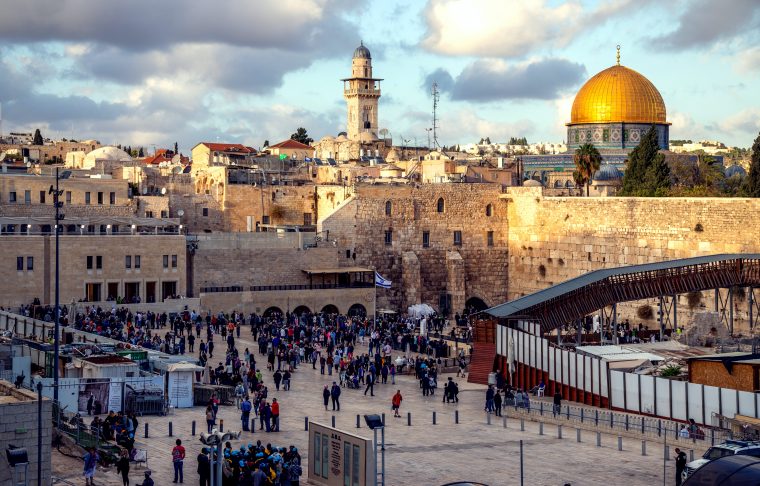What is the purpose of the Messiah?

What is the desire of the Jewish people in the Messianic Age?
Shortly after the people of Israel left Egypt, just 49 days later, the Torah was given and the people started to enjoy an extreme sensitivity through which they could perceive closer and more lively the presence of God, called Schechinah in Hebrew.
After the transgressions made by the people on the desert, God decided to eliminate that sensitivity of the people, because it is more serious to transgress having that sensitivity than not having it, although that sensibility helps to ascend, it is only good if it arises spiritually, and if it doesn’t and transgresses, the fault and the damage is bigger.
That is why the Schechinah focused on the Ohel Moed, or tabernacle, where the ones who were really prepared and were eager to connect with God could go there with that aim, but that wasn’t noticeable in the nomad camp of the desert, on their way from Egypt to the Promised Land. That was harmful, partly because the lack of sensitivity deprived the possibility of arising, although if they transgressed it was less serious than if the Schechinah had been present.
So it was always, even after entering the Promised Land, a sanctuary for pilgrimages was established, in which visitors got prepared for this sublime visit. In that way they found the right balance for the weaknesses of man. When someone decided to rise spiritually and wanted to gain enthusiasm, they peregrinated to the tabernacle that later on King Solomon transformed into a Temple.
When the Temple was destroyed, that sensibility,which only awakened in that place disappeared from the world and there was no place to activate spiritual elevations.
In the Messianic Age, the Messiah will build the Temple again and will make that sensitivity return to counteract the earthly and worldly passions which dominate men and do not let him raise spiritually, even the ones that think that are elevated are also victims of the tremendous earthliness that dominates our lives with no place to shelter.
The current synagogues and the Western Wall itself that remained as a vestige of the Great Temple of Jerusalem may serve as a reference. When a person comes to visit them, he perceives a vestige of elevation, very subtle, though, but it is a reference to what would happen to a greater extent if the Great Temple, the sanctuary existed.
That is why we are eager for the arrival of the Messiah, so that we have the possibility to arise spiritually again. And not only in the Temple, but in the whole world, we will return into a greater sensibility in which we have the chance of choosing the good and nobility, and not like today: a world in which we almost don’t perceive God because of our excessive materialism.
As Maimonides says in his book Iad hajazaká, in the king’s laws: “All the longing of the arrival of the Messiah by the Jewish people is to be able to have a softer heart to perceive God in a better way and then turn into better people and an ideal world”
Not as the plebes think that the arrival of the Messiah is to solve their economical and familiar troubles, to cure their illnesses or to have earthly pleasures, power and fun.
For many who think like this, the arrival of the Messiah will be a disappointment; only the noble spirits who wish to rise will perceive the blessing of this event.
By Chief Rabbi Isaac Sacca

